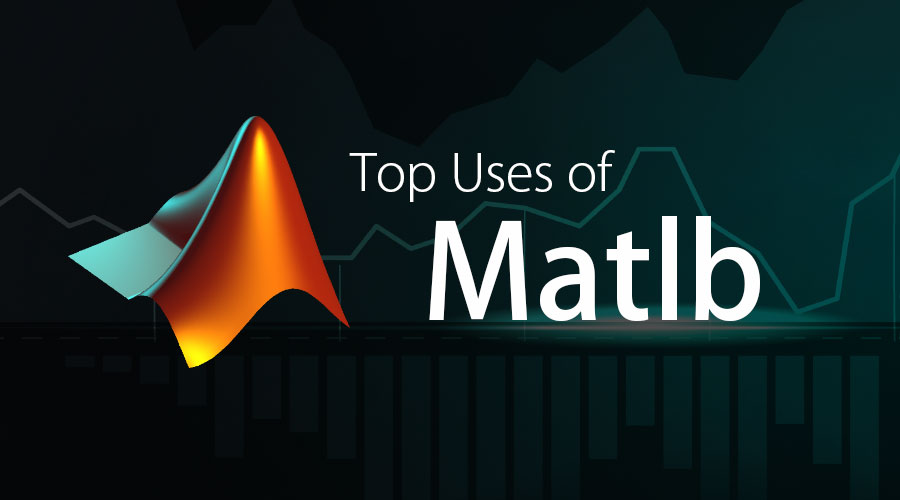1. Introduction to Version Control for Data-Driven Research
1.1 Importance of version control in research projects
1.2 Overview of Git and its role in managing datasets and scripts
1.3 Key benefits of using Git for research (reproducibility, collaboration, change tracking)
1.4 Course structure and learning objectives
2. Setting Up Git for Research Projects
2.1 Installing Git and setting up a Git repository
2.2 Configuring user settings and connecting with GitHub or GitLab
2.3 Organizing research projects into Git-friendly structures (code, data, results)
2.4 Managing large files and directories in research workflows
3. Tracking and Managing Research Datasets with Git
3.1 Best practices for versioning datasets in research
3.2 Using Git Large File Storage (Git LFS) for handling large datasets
3.3 Tracking changes in datasets, experiment logs, and outputs
3.4 Ensuring reproducibility in data-driven research through version control
4. Versioning Research Scripts and Analysis Code
4.1 Managing analysis scripts with Git: Python, R, MATLAB, and more
4.2 Tracking script changes and code evolution over time
4.3 Using Git branching for different analysis approaches or hypotheses
4.4 Merging and resolving conflicts in research codebases
5. Collaborating on Research Projects with Git
5.1 Setting up collaborative workflows in research teams
5.2 Using branches and pull requests for peer review and collaboration
5.3 Managing contributions from multiple collaborators (GitHub/GitLab features)
5.4 Handling conflicts and issues in multi-contributor research projects
6. Documenting Research with Git
6.1 Best practices for documenting research code and data with Git(Ref: Git in Data Science for Large-Scale Projects)
6.2 Using README files, Wikis, and GitHub/GitLab Pages for documentation
6.3 Tracking experiment notes, observations, and conclusions with Git
6.4 Managing metadata, research protocols, and supplementary materials
7. Reproducibility in Data-Driven Research with Git
7.1 Ensuring reproducibility across research environments and collaborators
7.2 Tracking dependencies and environment configurations (Docker, virtual environments)
7.3 Reproducing analysis results using past versions of scripts and data
7.4 Case studies on using Git for reproducible research in academia
8. Version Control for Research Papers and Reports
8.1 Using Git to track drafts and revisions of research papers
8.2 Collaborating on academic papers with Git for co-authors and reviewers
8.3 Tracking figures, plots, and tables with Git for version control
8.4 Integrating LaTeX or Markdown for writing reproducible research documents
9. Advanced Git Techniques for Research Projects
9.1 Using Git submodules for managing large or complex research projects
9.2 Handling multiple datasets and scripts across different experiments
9.3 Implementing Git rebase, squash, and cherry-pick for clean research history
9.4 Automating research workflows with Git hooks and CI/CD for reproducible analysis
10. Case Studies: Real-World Applications of Git in Research
10.1 Success stories of using Git for research in different disciplines
10.2 Managing longitudinal studies and large datasets with Git
10.3 Examples of research reproducibility and data management with Git
10.4 Challenges and solutions in using Git for large-scale research projects
11. Git for Data Privacy and Research Compliance
11.1 Securing sensitive research data in Git repositories
11.2 Implementing access control and permissions for research collaborators
11.3 Using Git for compliance with data protection regulations (GDPR, HIPAA)
11.4 Auditing and reviewing research data history for compliance purposes
12. Final Project: Applying Git to a Data-Driven Research Project
12.1 Organizing and setting up a research project with Git
12.2 Versioning datasets, scripts, and research findings
12.3 Implementing collaboration and reproducibility workflows
12.4 Presenting and reviewing the final project with a focus on best practices
13. Conclusion and Next Steps
13.1 Recap of key Git techniques for managing research datasets and scripts
13.2 Tools and extensions to further enhance research workflows with Git
13.3 Exploring integration with cloud-based platforms (AWS, Google Cloud) for research
13.4 Future trends in data-driven research and version control systems
Conclusion:
Git for data-driven research provides a structured approach to managing datasets, scripts, and version control. It enhances collaboration, reproducibility, and workflow efficiency, ensuring data integrity throughout research projects. By integrating Git into your workflow, you can track changes, collaborate seamlessly, and maintain a reliable research history.







Reviews
There are no reviews yet.